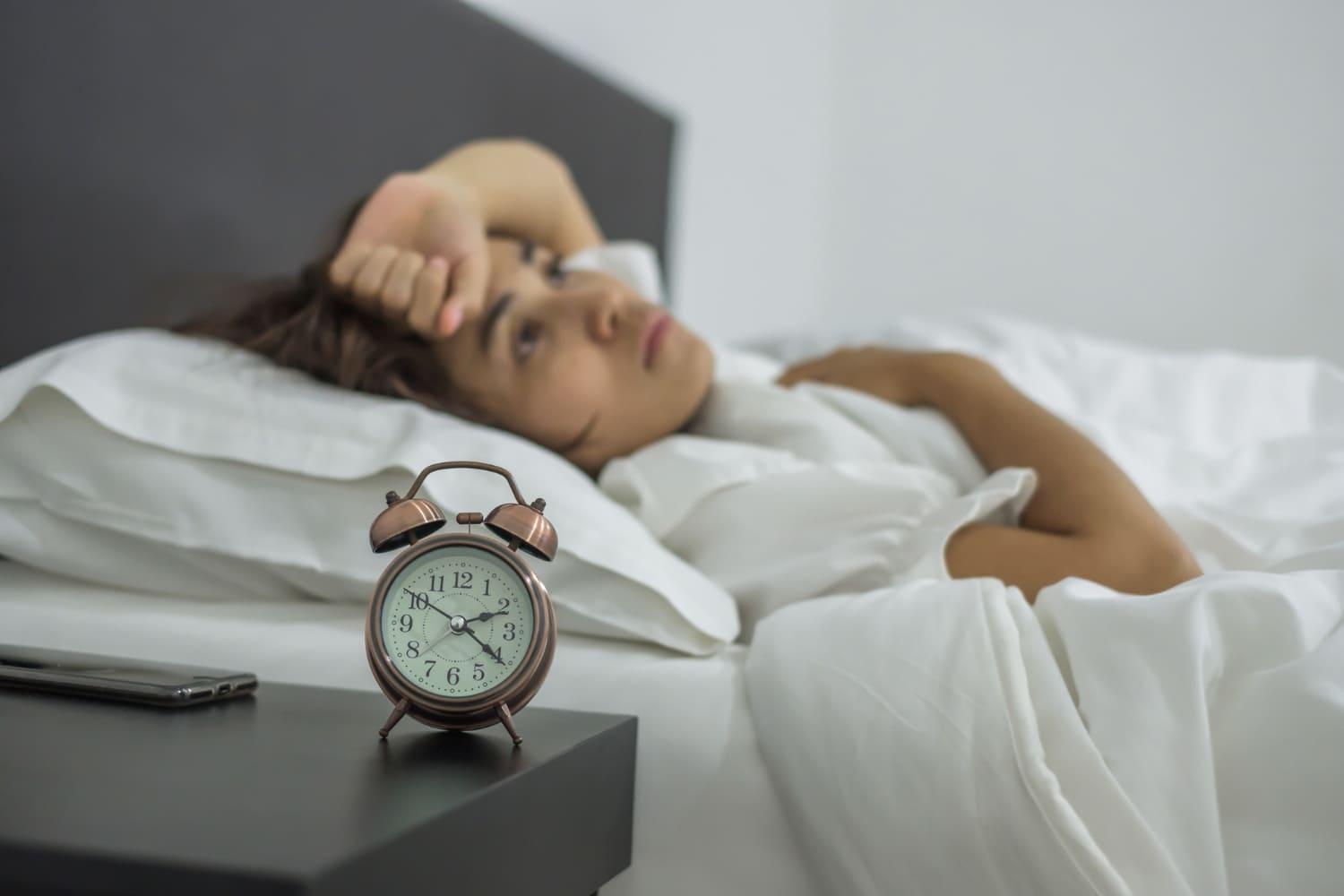Insomnia Unveiled: Causes of Insomnia in Females
Apr 9, 2024

Insomnia, the inability to fall asleep or stay asleep, affects millions of individuals worldwide. While both genders experience sleep disturbances, research suggests that females are more prone to insomnia compared to males. In this comprehensive guide, we delve into the various causes of insomnia in females, shedding light on the complex interplay of biological, psychological, and socio-cultural factors.
Understanding Insomnia
Before delving into the specific causes of insomnia in females, it's essential to grasp the fundamentals of this sleep disorder. Insomnia can manifest in different forms, including difficulty falling asleep, waking up frequently during the night, or waking up too early and being unable to fall back asleep. Chronic insomnia can significantly impact an individual's overall health, leading to daytime fatigue, impaired cognitive function, mood disturbances, and reduced quality of life.
Biological Factors:
- Hormonal Fluctuations: Hormonal changes play a significant role in insomnia among females. Fluctuations in estrogen and progesterone levels throughout the menstrual cycle, pregnancy, and menopause can disrupt sleep patterns. For example, premenstrual syndrome (PMS) and menopausal symptoms such as hot flashes and night sweats often contribute to sleep disturbances in women.
- Pregnancy-Related Sleep Issues: Pregnancy alters a woman's physiology, leading to various sleep challenges. Factors such as hormonal changes, increased abdominal size, frequent urination, and fetal movements can disrupt sleep patterns during pregnancy. Additionally, anxiety about childbirth and parenting responsibilities may exacerbate insomnia symptoms.
- Menopause and Sleep Disruptions: Menopause marks the end of a woman's reproductive years and is often accompanied by hormonal fluctuations and physiological changes. The decline in estrogen levels can trigger symptoms like hot flashes, night sweats, and mood swings, all of which can interfere with sleep quality and duration.
Psychological Factors:
- Stress and Anxiety: Psychological factors such as stress, anxiety, and depression are common contributors to insomnia in females. Women often juggle multiple roles and responsibilities, including career, family, and caregiving duties, leading to heightened stress levels. Persistent stress and anxiety can activate the body's stress response system, making it difficult to relax and fall asleep.
- Trauma and PTSD: Experiencing trauma or post-traumatic stress disorder (PTSD) can significantly impact sleep quality. Many females who have experienced trauma may suffer from nightmares, flashbacks, and hypervigilance, leading to sleep disturbances and insomnia.
- Mood Disorders: Depression and other mood disorders are more prevalent in females and are closely linked to sleep disturbances. Insomnia often coexists with mood disorders, creating a vicious cycle where poor sleep exacerbates depressive symptoms, and vice versa.
Socio-Cultural Factors:
- Societal Expectations and Gender Roles: Societal expectations and gender roles can influence sleep patterns and insomnia prevalence in females. Women may face pressure to fulfill traditional caregiving roles while also excelling in their careers, leading to heightened stress and sleep disruptions.
- Work-Life Imbalance: Balancing work and personal life can be challenging for many females, particularly those with demanding careers or caregiving responsibilities. Long work hours, irregular schedules, and the blurring of boundaries between work and home life can disrupt sleep-wake cycles and contribute to insomnia.
- Cultural Norms and Stigma: Cultural norms and stigma surrounding mental health and sleep disorders may deter females from seeking help for insomnia. Societal pressure to appear capable and resilient can lead women to downplay their sleep problems or avoid seeking treatment altogether.
Conclusion
Insomnia is a multifaceted sleep disorder influenced by a myriad of biological, psychological, and socio-cultural factors. While both genders experience sleep disturbances, females are particularly susceptible to insomnia due to hormonal fluctuations, stress, societal expectations, and other unique factors. Recognizing the causes of insomnia in females is the first step toward developing tailored interventions and support systems to address this prevalent sleep disorder and improve the overall well-being of women.








